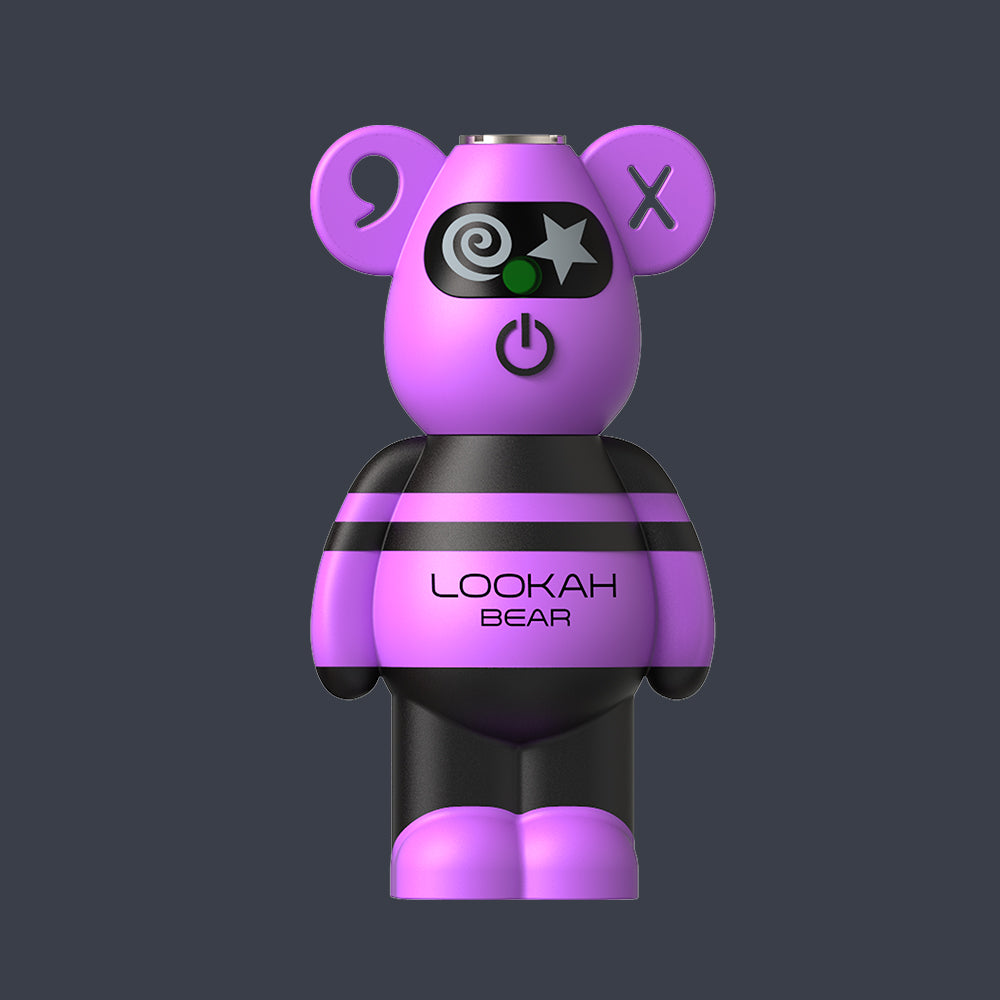Cart Battery: What to Know Before You Buy
Cart Battery: What to Know Before You Buy
Investing in a cart battery is a crucial decision that can significantly affect the performance and longevity of your electric cart. Whether you’re upgrading an old battery or buying one for a new vehicle, understanding the key factors before purchasing ensures you get the best value and functionality. Here’s what you need to know before you buy a cart battery.

Types of Cart Batteries: Lead-Acid vs. Lithium-Ion
The first step is to choose between the two main types of cart batteries: lead-acid and lithium-ion.
- Lead-Acid Batteries: These are the traditional choice, known for their reliability and affordability. They come in flooded and sealed (AGM) varieties. While lead-acid batteries are cheaper upfront, they are heavier, require regular maintenance like watering, and have shorter lifespans compared to lithium-ion batteries.
- Lithium-Ion Batteries: Growing rapidly in popularity, lithium-ion batteries are lightweight, maintenance-free, and boast longer cycle lives. They charge faster and provide consistent power output, but their initial cost is higher. They’re ideal if you want enhanced performance and are willing to invest more upfront.
Important Specifications to Consider
Before buying, pay attention to these key specifications:
- Voltage: Ensure the battery matches your cart’s voltage requirements, commonly 36V, 48V, or 72V.
- Capacity (Ah): Ampere-hour rating indicates how long the battery can deliver power. Higher Ah means longer run times between charges.
- Cycle Life: This tells you how many full charge-discharge cycles the battery can handle before its capacity drops significantly. Lithium-ion batteries generally have higher cycle lives.
- Weight and Size: Consider the battery’s dimensions and weight, especially if your cart has space or weight limitations. Lithium-ion options are typically lighter.
Maintenance and Charging Requirements
Lead-acid batteries often need regular maintenance, including checking water levels and cleaning terminals. If you prefer a hassle-free option, lithium-ion batteries require minimal upkeep.
Also, make sure your charging equipment is compatible with your battery type. Using the wrong charger can damage your battery or reduce its lifespan.
Budget and Long-Term Costs
While lead-acid batteries come with a lower initial price, they may need replacement sooner and cost more in maintenance. Lithium-ion batteries are pricier upfront but save money over time due to longer life and reduced upkeep. Consider your budget not just for the purchase but for total ownership costs.
Environmental Impact and Safety
Lithium-ion batteries are more environmentally friendly due to better energy efficiency and recyclability. They also tend to be safer, with built-in management systems to prevent overheating or overcharging. However, proper disposal or recycling is essential for both battery types to minimize environmental harm.
Warranty and Brand Reputation
Buy from reputable brands that offer solid warranties. A good warranty protects your investment and provides peace of mind if something goes wrong. Brands with positive reviews and proven track records are more likely to deliver reliable products.
Final Thoughts
Buying the right cart battery means balancing your budget, performance needs, maintenance preferences, and environmental concerns. By understanding the types, specifications, and care requirements, you’ll be well-equipped to choose a battery that keeps your electric cart running smoothly for years. Whether you opt for trusted lead-acid models or cutting-edge lithium-ion technology, doing your homework before buying is the best way to ensure satisfaction and value.